Many were shocked when they heard about the recent passing of Aretha Franklin and stunned at the discovery of her not having a plan for her estate. Whether you’re wealthy or not it is important to have a plan regarding your money. Creating a plan for your money after you’re gone leaves less confusion for your loved ones. Proactive planning also eliminates having others make decisions on your behalf regarding things that are of importance to you.
Our marketing manager here at Traffic Sales & Profit, Stephanie Rollins, sat down with Kemlia Reed Sherman the managing attorney at Reed Sherman Law Firm located in Charlestown Maryland. Miss Reed Sherman is licensed in Maryland and Washington D.C. where she serves clients in family law and estate planning matters. She opened her firm because she wanted to empower and encourage her clients to play an active role in the process of estate planning. She understands that her clients are the firm’s most valued assets and commits to serving each client with professionalism, integrity, and excellence.
Becoming a family and estate planning law attorney has been Mrs. Read Sherman’s mission since she was the age of 13. She’s committed to helping families preserve relationships and transfer their assets while protecting their legacies.
Without further ado, let’s jump into this interview.
Stephanie:
So today we’re talking about eight reasons you need an estate plan even if you’re not wealthy. Kemlia, before we go into the eight points, can you tell us why the whole Aretha Franklin passing thing was such a big deal?
Kemlia:
Well, there are quite a few reasons why it was a big deal. One of the most important is asset protection. You may have read that she didn’t have an estate plan. Her estate has to pay 40% of the $80 million of her estate. So that’s about 29 to 32 million dollars that her estate will have to pay in inheritance taxes. In addition to that her estate has to go through the probate process which is the legal process to make sure her assets are distributed to the identified heirs. There may be creditors and predators who will attempt to claim her estate. This process can be very costly.
Stephanie:
Why does everybody need an estate plan even if they’re not wealthy?
Kemlia:
Oftentimes when we think of estate planning we think about planning for what happens after we die and who will get our stuff. I like to think of estate planning as crisis management. It’s not just about what happens when you die or what happens to your stuff. There’s been a lot of conversations as to why Aretha didn’t have an estate plan and I’ve had a lot of conversations with potential clients with regards to their resistance to having an estate plan. It’s important to create an estate plan because if not the state has already created one for you. So you have to make the decision, “Do I want my estate to be governed by my rules or do I want my estate to be governed by the state’s rules?” Again, an estate plan isn’t just about distributing your assets. It’s about crisis management. In the event that something were to happen to you, and you became incapacitated, who’s going to manage your day-to-day affairs? Who’s going to manage your money? Who’s going to decide which bills get paid? Who’s going to pay those bills?
Stephanie:
I’m guessing that some of the hesitations behind people not setting up an estate plan is because they feel like it’s a lot of work. This is so important. I would never want to go through a nightmare like this with my family. What are some reasons why people hesitate to create an estate plan?
Kemlia:
A lot of it is lack of information and misinformation. As you said, people think this is a lot of work. When you think about it, it can become overwhelming, but if you go to the right attorney, they will educate you. Oftentimes, people think “All I need is a Will,” but what they don’t understand is that there are limitations to what a Will can do. For parents, if you make the decision not to have an estate plan and something happens to you, who’s going to take care of the kids?
Stephanie:
Kemlia, tell us about the importance of asset protection when creating an estate plan?
Kemlia:
We work hard for what we earn, right? We want to make sure that we protect it. Everybody is going to want a piece of the pie. The beauty of creating your estate plan is that you get to write the rules, but if you choose not to create an estate plan your assets are governed by the state’s rules. The state’s rules are not necessarily designed to benefit you.
Stephanie:
Thank you Kemlia, this is great dialogue! Can you explain to our readers why having a Power of Attorney is important?
Kemlia:
Be mindful and understand the risk when you create a power of attorney. A power of attorney is a very powerful tool. It gives the agent the legal authority to act on your behalf. It becomes effective immediately unless you state otherwise. Seek an attorney and understanding the risks associated with having a power of attorney.
Stephanie: Why is it important to have a medical care plan?
Kemlia:
When I spoke earlier, I talked about estate planning not just being for planning for your death. We talked about crisis management. In the event that you suffer a medical crisis, you want to make sure that you decide what medical care you receive, what medical care you don’t receive, and who are making the decisions for you. You should not create additional stress on your loved ones to decide what type of medical care you need. If someone is forced to make that decision, it’s something that they’ve got to live with for the rest of their lives because you made the decision not to do so. There are situations where you may want a certain type of care if you’re in a vegetative state. You may want a different type of care if you’re in a coma. You may want something totally different if you’re in a terminal state. You want to think about those things, and you want to do it before you’re in the crisis because your thought process is altered by the emotional stress of having to deal with the crisis in itself.
Stephanie:
Kemila please share your insight regarding Personal Care Management with our readers.
Kemlia:
In the event that you become incapacitated and you are no longer able to take care of yourself, you want to make sure that you maintain as much normalcy as possible. Let’s say you have to have an in-home care provider or you have to go to a nursing facility. If you have a personal care management plan in place, it tells them who’s important in your life, the types of things that you like to do. If you like to go to bingo on Wednesdays, if you like to go for a walk around the block, if you have a dog named Pete that you love to see, if you like to go to the movies, what types of movies you like, what types of shows you like to watch, and some people even like, “I like to drink a glass of wine every night,” and they put that in their personal care management plan. This allows you to maintain as much normalcy as you possibly can.
The seventh tip is to minimize fees. Going through the probate process, they talked about Aretha Franklin and they talked about her estate is worth $80 million and if you read the article, it says under Michigan law, her fourth son will receive equal shares. So, we’re thinking they’re each going to get $20 million, right? No. They’re going to get what’s left after the inheritance tax is paid, after creditors are paid, after the potential creditors that are going to come and lay claim to her estate, and they’re going to get what’s left after probate fees are paid after their attorney fees are paid.
Lastly, I would like to leave your readers with my final tip, memorializing your wishes. You don’t want to leave everybody guessing and wondering what you want. I had someone say the other day, “Oh, I don’t want to deal with it.” Quite frankly, I find that to be selfish because if you don’t deal with it now, then they’re going to have to deal with it later and dealing with it later is going to be more costly and it’s going to be more stressful. If you’re a parent, appoint a guardian for your minor children. Decide who’s going to manage your finances. Decide what type of medical care you receive and what type you don’t receive. Determine the type of personal care day to day management that you want. And finally, tell everybody what you want so they can respect that and it minimizes conflict.
Click HERE for more information about Kemlia and estate planning.
For daily tips and support in entrepreneurship, join our FREE Facebook group called Traffic, Sales & Profit with Lamar Tyler.







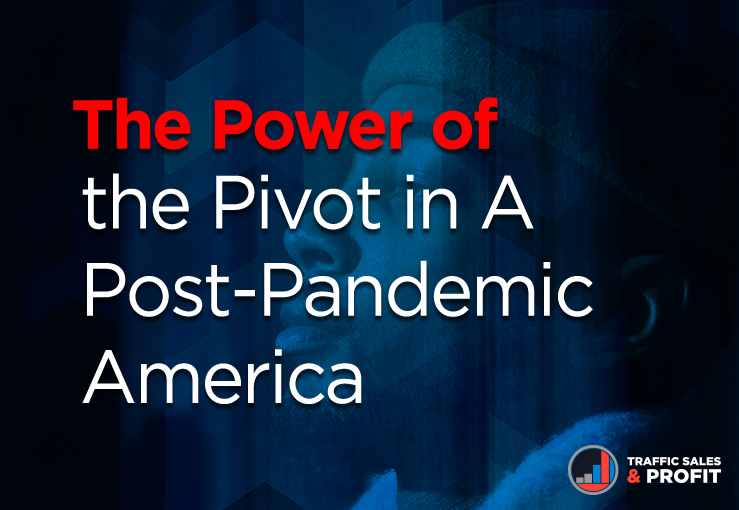
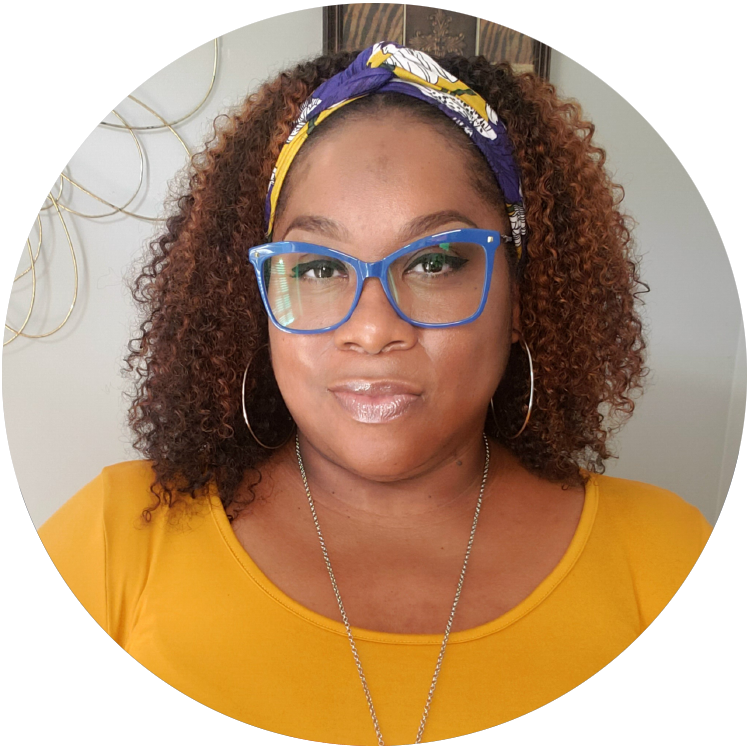
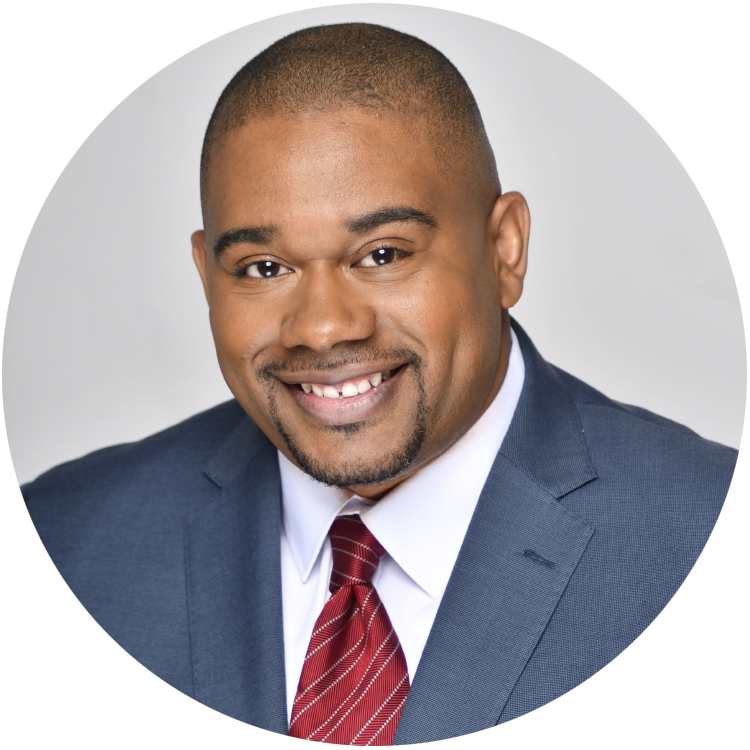

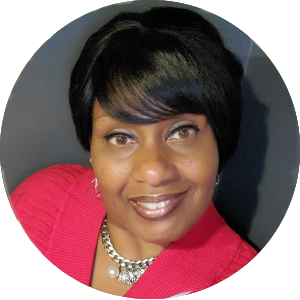

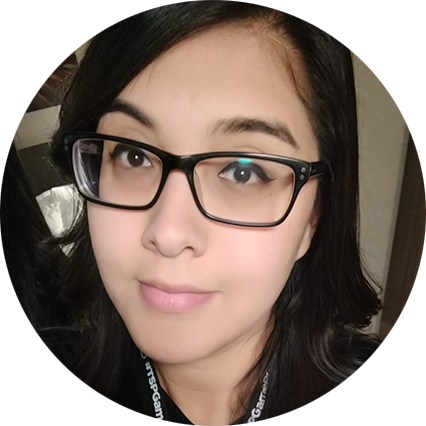
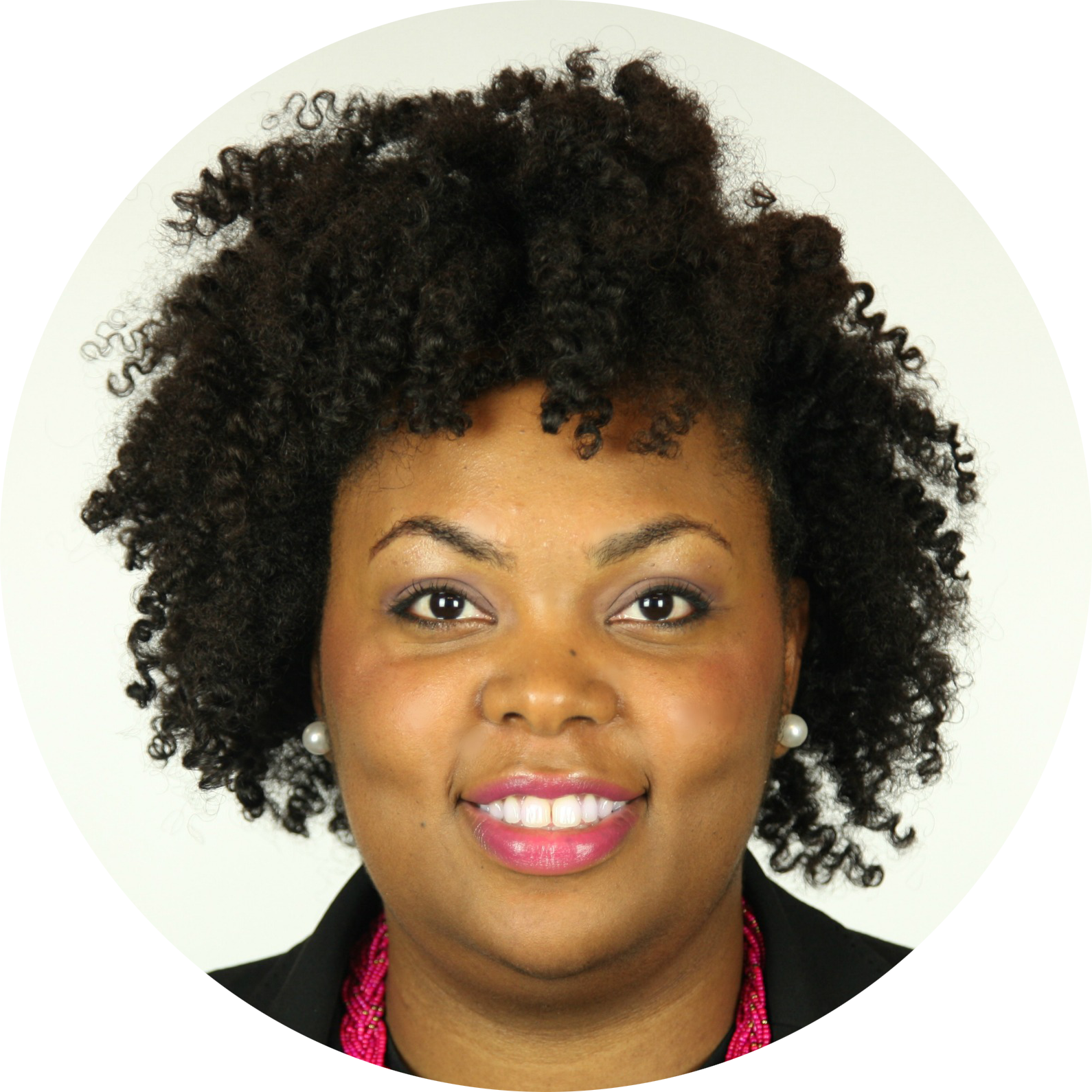



0 Comments